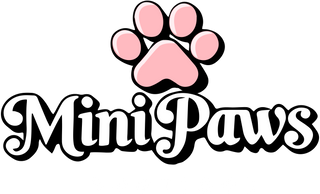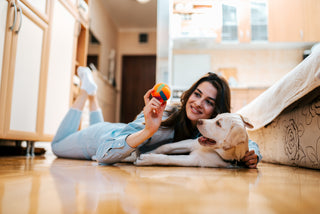Training a small dog may seem less urgent than training a larger one — after all, what trouble can a tiny pup really cause? But the truth is, early training is just as essential for small breeds. Good behavior doesn’t come naturally; it’s something we teach with love, patience, and consistency.
🎯 Why Early Training Matters
Small dogs often develop what’s known as “small dog syndrome” — excessive barking, jumping, guarding, or even biting — because they’re not given clear boundaries from an early age. Starting training young prevents bad habits before they form.
🐶 Positive Reinforcement Is Key
Reward-based training builds trust and strengthens your bond. Use treats, praise, or play to reward good behavior, and avoid punishment-based methods. Small dogs are smart and eager to please — you just need to show them how.
📆 Start With the Basics
- House training: Establish a routine and reward outdoor potty breaks.
- Basic commands: Teach sit, stay, come, and leave it.
- Leash manners: Get them used to walks early to avoid pulling or fear of the outside world.
🤝 Socialization Is Training Too
Expose your pup to new people, sounds, and places early on. A well-socialized dog is confident and calm in different environments — from your home to the groomer to the local café.
💡 Consistency Builds Confidence
Training isn’t a one-time event — it’s a lifestyle. Be consistent with commands, routines, and expectations. Your dog will feel secure and more responsive when they know what to expect.
🐾 At MiniPaws Boutique, we believe training is one of the best gifts you can give your dog.
Check out our collection of training treats, harnesses, and smart accessories to support your pup’s journey.


